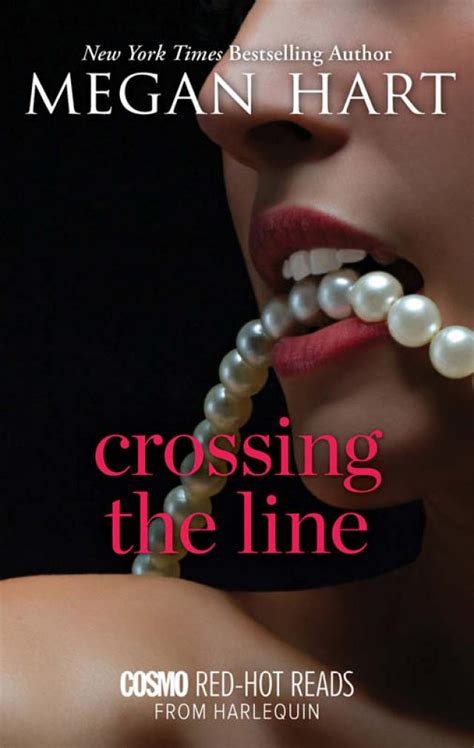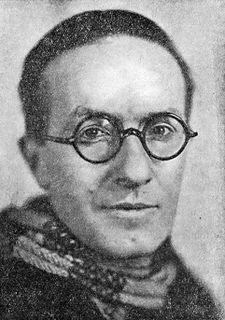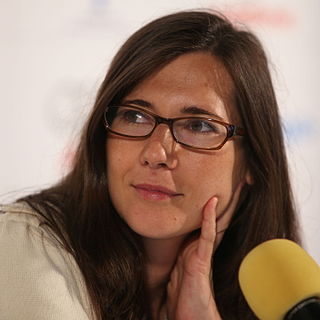A Quote by Joyce Carol Oates
Later, her first intense, serious love affair, yes then she'd lost something more tangible, if undefinable: her heart? her independence? her control of, definition of, self? That first true loss, the furious bafflement of it. And never again quite so assured, confident.
Related Quotes
She would try to relieve the pain of love by first roughly rubbing her dry lips against mine; then my darling would draw away with a nervous toss of her hair, and then again come darkly near and let me feed on her open mouth, while with a generosity that was ready to offer her everything, my heart, my throat, my entrails, I gave her to hold in her awkward first the scepter of my passion.
Tessa had begun to tremble. This is what she had always wanted someone to say. What she had always, in the darkest corner of her heart, wanted Will to say. Will, the boy who loved the same books she did, the same poetry she did, who made her laugh even when she was furious. And here he was standing in front of her, telling her he loved the words of her heart, the shape of her soul. Telling her something she had never imagined anyone would ever tell her. Telling her something she would never be told again, not in this way. And not by him. And it did not matter. "It's too late", she said.
He hadn’t been her first lover or the first boy to give her an orgasm. He hadn’t even been the first she’d loved. He’d been the first to turn her inside out with something as simple as a smile. The first to make her doubt herself. He’d taken her deeper than anyone ever had, and yet she hadn’t drowned.
Lincoln?” she (Beth) asked. “Yes?” “Do you believe in love at first sight?” He made himself look at her face, at her wide-open eyes and earnest forehead. At her unbearably sweet mouth. “I don’t know,” he said. “Do you believe in love before that?” Her breath caught in her throat like a sore hiccup. And then it was too much to keep trying not to kiss her.
When a homemaking aunt scolds a niece for following her evangelistic passion instead of domestic pursuits, her reply is interesting. First, she clarifies that God's individual call on her doesn't condemn those in more conventional roles. Then, she says she can no more ignore the cry of the lost than her aunt can the cry of her child.
First, I want to pay tribute to Diana myself. She was an exceptional and gifted human being. In good times and bad, she never lost her capacity to smile and laugh, nor to inspire others with her warmth and kindness. I admired and respected her - for her energy and commitment to others, and especially for her devotion to her two boys.
Madame Bovary is one my favorite novels. Emma Bovary will always be an enigma, but as the years pass, I feel that I understand her better. She has a violent nostalgia, almost an infantile nostalgia, to be understood by the men surrounding her. I like her relentless fight for independence, her rebellion against the mediocre, and her quest for the sublime, even if she burns her wigs in the process. I like that Flaubert never judges her morally for her self-destructiveness, for her desperate attempt to satisfy her wildest desires and appetites.
I wanted to tell her that she was the first beautiful thing I had seen in three years. That the sight of her yawning to the back of her hand was enough to drive the breath from me. How I sometimes lost the sense of her words in the sweet fluting of her voice. I wanted to say that if she were with me then somehow nothing could ever be wrong for me again.
But will I always love her? Does my love for her reside in my head or my heart? The scientist in her believed that emotion resulted from complex limbic brain circuitry that was for her, at this very moment, trapped in the trenches of a battle in which there would be no survivors. The mother in her believed that the love she hadd for her daughter was safe from the mayhem in her mind, because it lived in her heart.
In her heart she is a mourner for those who have not survived. In her soul she is a warrior for those who are now as she was then. In her life she is both celebrant and proof of women's capacity and will to survive, to become, to act, to change self and society. And each year she is stronger and there are more of her.






































